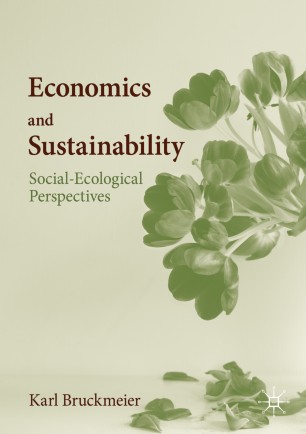

Most ebook files are in PDF format, so you can easily read them using various software such as Foxit Reader or directly on the Google Chrome browser.
Some ebook files are released by publishers in other formats such as .awz, .mobi, .epub, .fb2, etc. You may need to install specific software to read these formats on mobile/PC, such as Calibre.
Please read the tutorial at this link: https://ebookbell.com/faq
We offer FREE conversion to the popular formats you request; however, this may take some time. Therefore, right after payment, please email us, and we will try to provide the service as quickly as possible.
For some exceptional file formats or broken links (if any), please refrain from opening any disputes. Instead, email us first, and we will try to assist within a maximum of 6 hours.
EbookBell Team

4.4
62 reviewsThis textbook provides an overview of economic perspectives on sustainability. It synthesises economic, ecological and interdisciplinary sustainability research and by applying an integrated social-ecological and economic framework, demonstrates how this research can be improved and implemented in practice.
Split into three parts, the book begins by introducing a range of topics forming the basis of knowledge needed to understand the varying sustainability discourses in economics, ecology and interdisciplinary sustainability research. Chapters cover the political context of sustainability; the history of sustainability in European environmental discourses dating back to the seventeenth century; as well as various problems and forms of interdisciplinary knowledge integration and synthesis in the sustainability process. Part II reviews the core economic themes relevant to sustainable development including natural resource management, environmental economics and ecological economics. Also highlighted are often neglected issues such as conflicts, disasters and interrelated crises on the way towards sustainability. The chapters in Part III discuss the future of the sustainability process. They argue for the necessity of overhauling the relationship between science and practice; explore failures and the unforeseen difficulties of sustainability transformation; and discuss how to enable a long term sustainability process that reaches into the distant future.
An innovative resource for a broad range of interdisciplinary programmes on sustainability. The book will be an invaluable reference for master and PhD students, instructors, researchers and practitioners in sustainability governance.